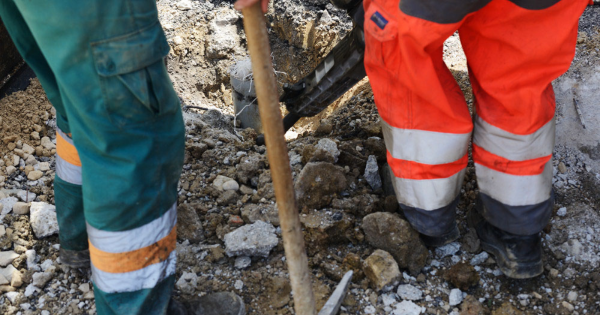Oil rigs help give different economies, including those of the areas where they are located, a boost. If you want to invest in the drilling industry, you may want to get into offshore drilling. Here are four reasons why offshore drilling is the best option for you to consider.
1. Fewer Tax Liabilities
When companies invest in offshore drilling, it becomes possible for them to enjoy better returns when you put taxes into consideration. This is because they may enjoy tax breaks from the countries with the drills in exchange for the economical improvement that they stand to offer the country. This translates into improved profits and better business all around with full compliance and no need to cut corners. With this in mind, it’s best for companies pursuing offshore drilling to invest in technologies that will remain modern and relevant for a long time to come. This is because investing in practices and technologies that are likely to become obsolete in five years or even less will be an expense in the short term when they need to get replacements before this time is up.
2. Improved Self-Reliance
Self-reliance is improved when offshore drilling is an option because different foreign companies can explore the oceans for gas and oil. This allows a more or less even playground on which those who are able can take advantage and get great returns for both their countries and the countries that border the body of water where the rigs are placed and drilling takes place. A whopping 565 million barrels of oil are extracted each year in the United States by offshore drilling, and it’s easy to see the economic advantages that come with offshore drilling for different economies.
3. A Boost ot Developing Economies
As mentioned time and again, offshore drilling helps improve different economies of the countries that border the oil rigs. For the most part, these countries are developing ones and they enjoy a considerable economical advantage from the oil rigs. This is because while they don’t have to spend any money to set up the rigs and run them, they can enjoy employment opportunities for their residents. This allows for more money to be injected into the economy. If the local country can manage to manufacture the parts and equipment that the investing company needs, it will also be advantageous for both countries when these materials are locally produced. With proper management, many countries can enjoy growth of their economies that would have otherwise been impossible to attain.
4. Creation of New Habitats
Finally, while proponents against offshore drilling may mention adverse effects to the environment by poor drilling practices, they fail to capture the positive possibilities. A great example is the retired oil rigs that are located off the Californian coast. These are viewed as potential artificial reefs, which, with some assistance, can be turned into habitats for wildlife. With the changing climate, this is a welcome possibility that should be considered by a world that’s trying to remedy the damage caused by human activities on the planet.
With these potential benefits, offshore drilling is clearly an amazing consideration for anyone who wants to invest in the oil industry. If done right, the cons of taking part in offshore drilling pale in comparison to the potential benefits. As with every other kind of business, it’s best to first conduct thorough research into the process on all levels. Going in with a wealth of information is much better than starting without a clue and getting surprises along the way. Do a few case studies before you get started as well so that you have working examples for the clearest picture.

